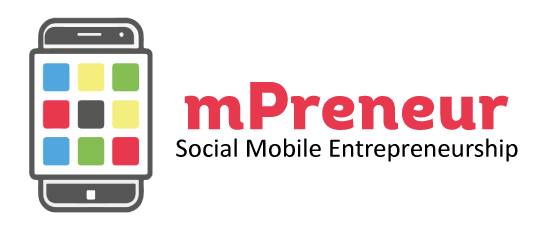Sometimes I ask myself what the world would be like if there were not any mobile applications. Throughout the years, there have always been claims that some inventions are going to revolutionize the world, but I think that no invention has had more success over the past few years than the mobile applications. Technology and mobile applications have already become an integral part of our daily lives, and they have an immense potential for shaping the future in a better way by facilitating communication and collaboration. More than half of the web traffic in the world is carried out from mobile phones, so we can see the importance of these types of devices, and although we cannot guarantee what the future of mobile applications will be like, by having a look at all the data and information flowing around, we can absolutely affirm that the mobile apps have a big future.
Mobile app development has seen a rise in the digital world, but as the technology grows, it is changing the app development with it, as different technological branches are affecting the way we think of the apps, and that way their usage keeps evolving. I had an amazing chance to directly experience that on the mPreneur Intercontinental Bootcamp, where I met young entrepreneurs from all over the world, and discussed with them how technology and mobile apps are being used to solve different issues. As different parts of the world are faced with different issues, it was really interesting to see a wide palette of approaches into solving those problems. Thanks to this event, I could construct a clear image of the importance of the mobile apps on a global level, and all of the presented mobile apps there were meant to solve a different problem. I was amazed by the diversity of the solutions provided by the participants, and how effective they proved to be in the particular area where they were implemented. I’ve learned a lot about the social entrepreneurship ecosystem in Africa and Asia, and how it can be used as a tool for sustainable development.
From apps that provide solutions in the field of medicine, to apps that raise awareness about your drinking habits, the use-cases vary and I was glad that I could see a lot of people from different backgrounds and cultures that had a similar problem-solving mindset. For example, I saw how technology and apps are being used for the advancement of healthcare, were with the use of mobile apps patients have access to a wide variety of resources and services, allowing them to consult with doctors and other healthcare professionals remotely. This can be beneficial for patients who live in remote or underserved areas where access to healthcare is limited. I also had the chance to improve my application through various workshops where we learned about topics such as Augmented and Virtual Reality, Big Data, Artificial Intelligence and e-Ethics. The mobile app is called Plynx, and it offers a digital bio-friendly currency model which is contrary of the in-app purchases and it uses a system in which in-app items can only be bought with a currency earnable with social work, that way shaping the new generations in a way of tolerance, sustainability and unity, as the social innovation begins with the young people.
Overall, it is clear that technology and mobile apps really have the potential to improve our future in various ways, from increasing efficiency and productivity, to providing more convenient and accessible education and healthcare, to helping address global issues such as climate change and poverty, really there are endless, countless possibilities. The era of mobile apps increased the access to resources and information, and has given us the power to reach to people, to solve their problems, and to make the world a better place to live together. The mobile applications are our powerful tool to make changes to the world, and by leveraging the power of technology and mobile apps in a thoughtful and strategic way, we can create a brighter future for all
This article is written by : Jovan Ilovski – President Of University Student Assembly, University of Information Science and Technology “St. Paul the Apostle” and mPreneur national winner from Macedonia

